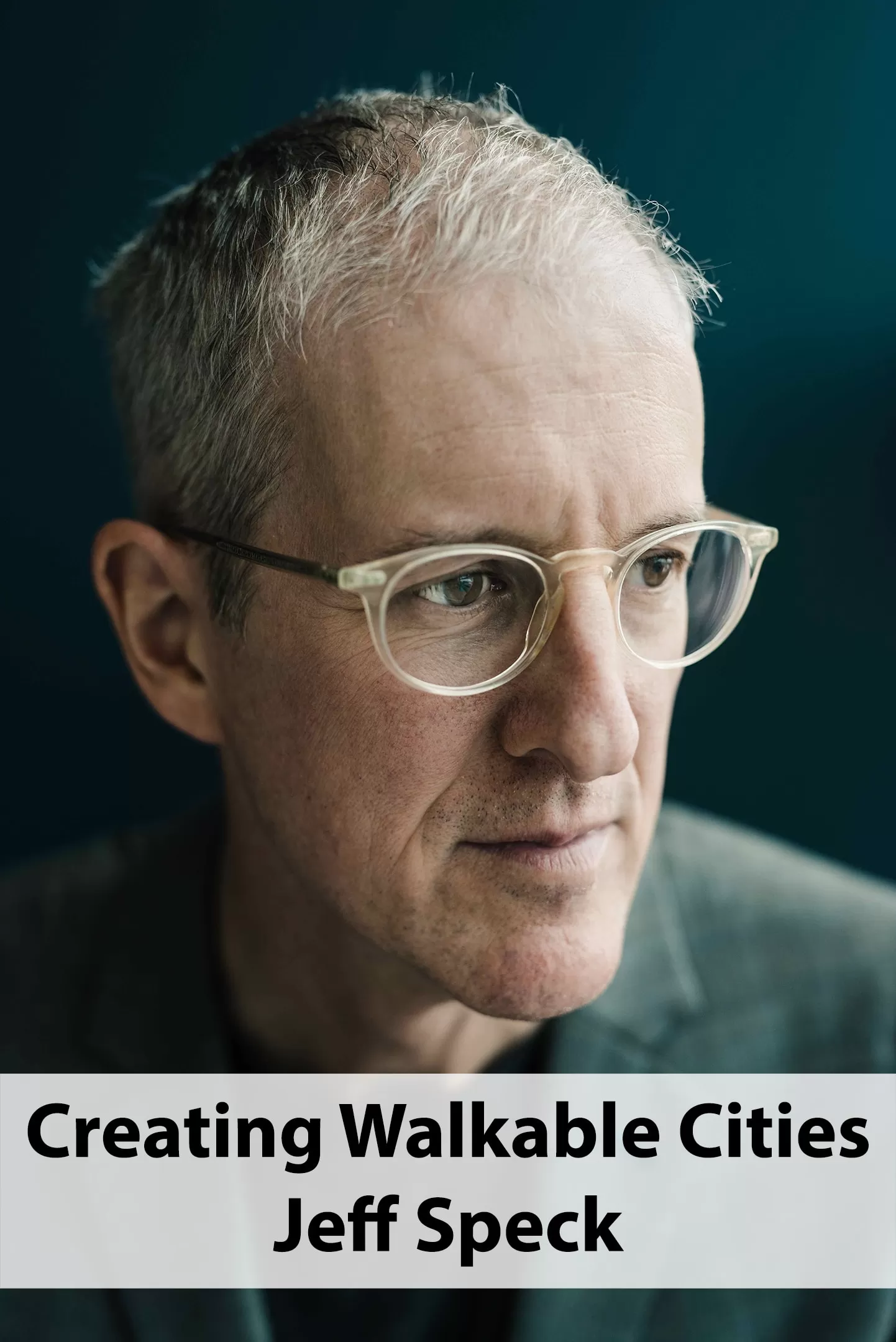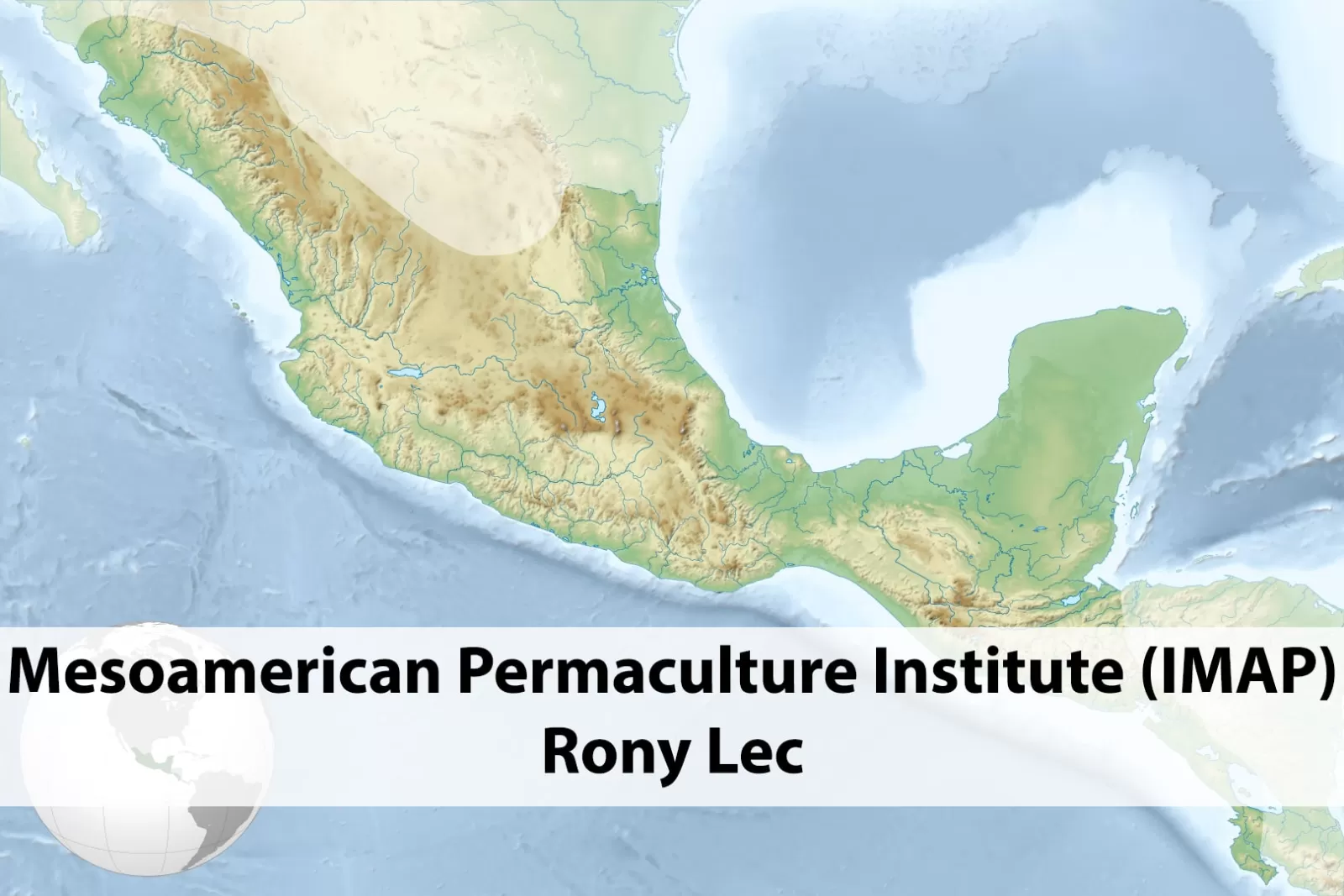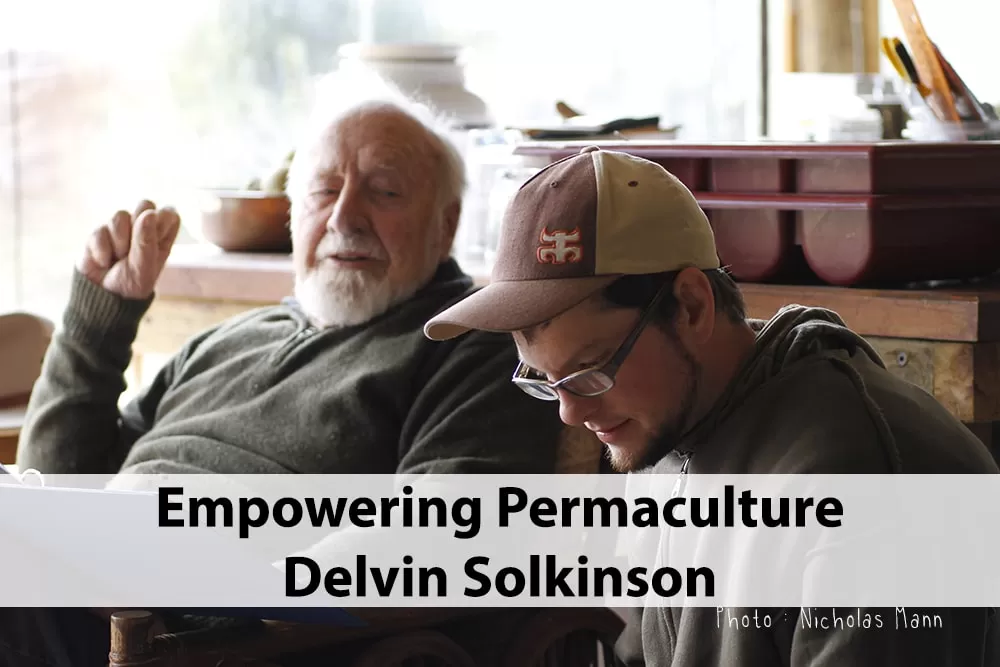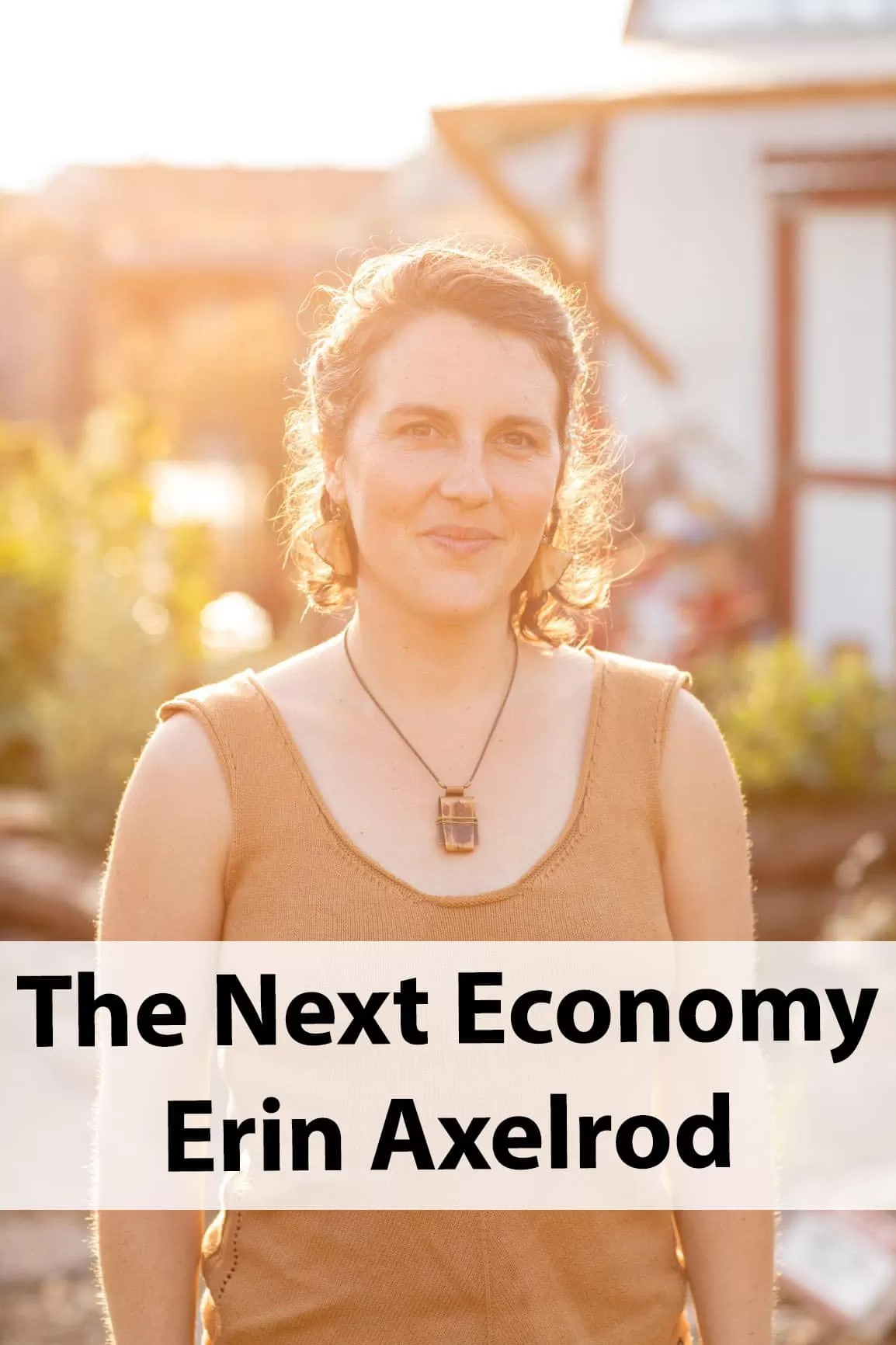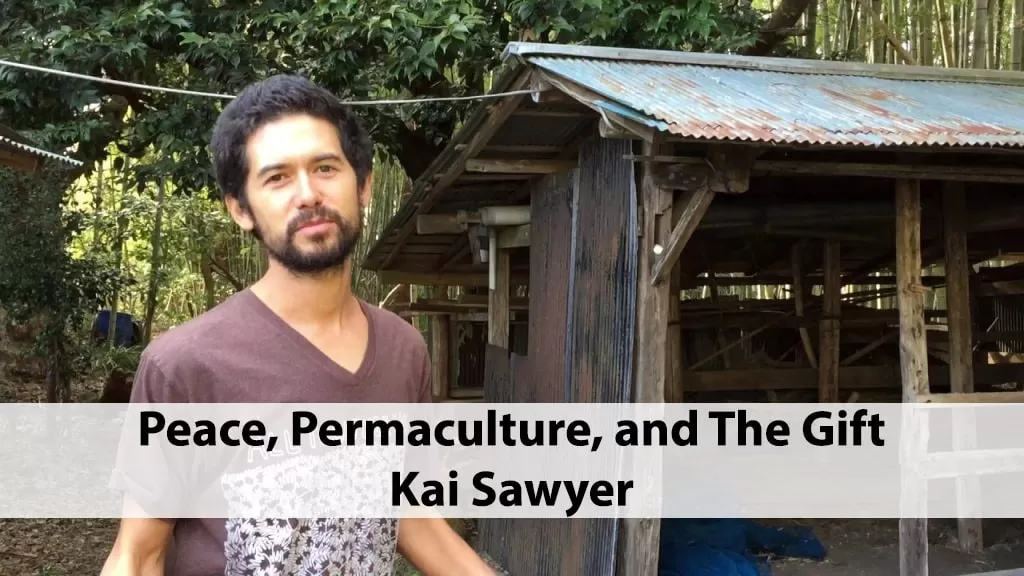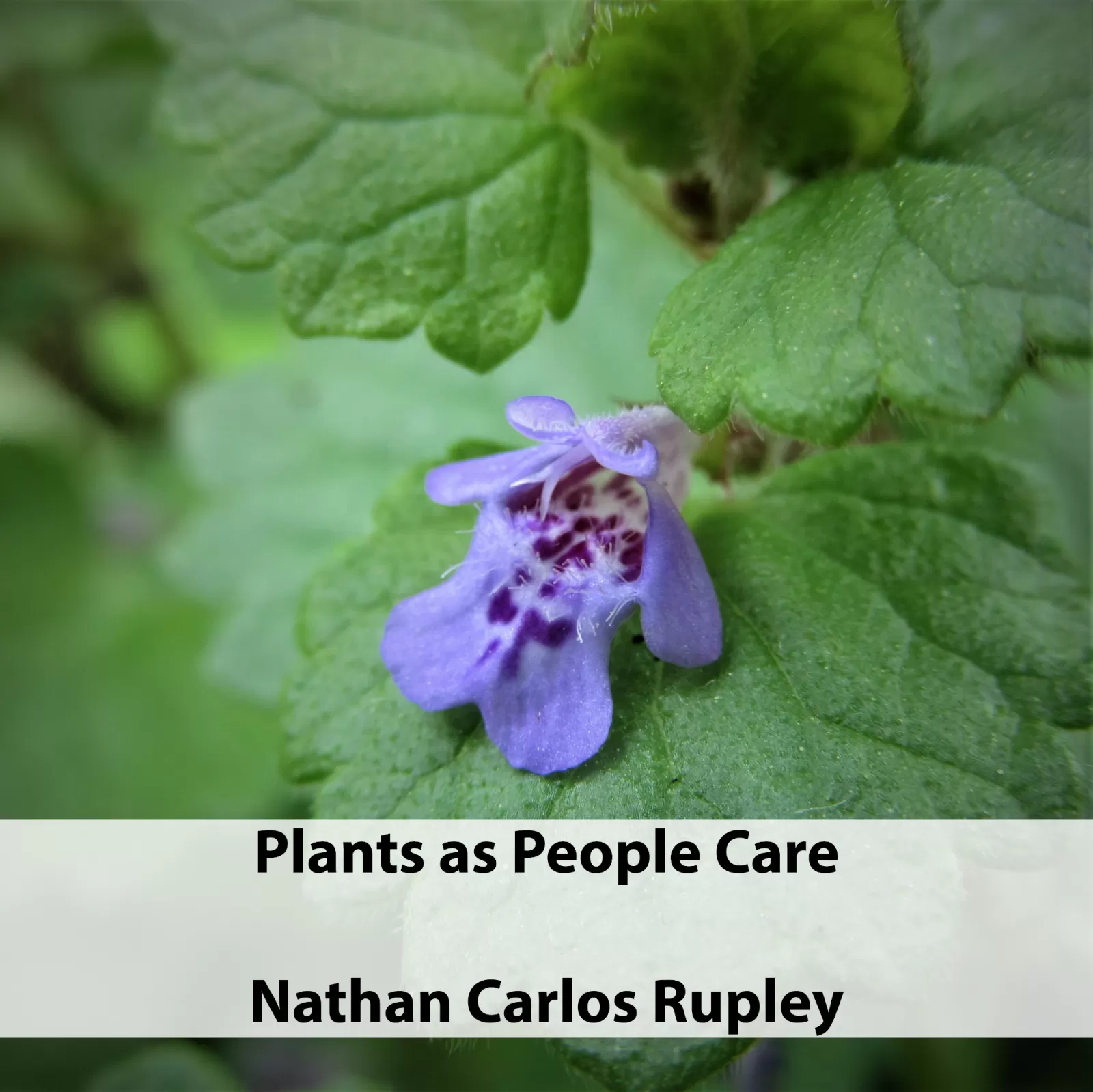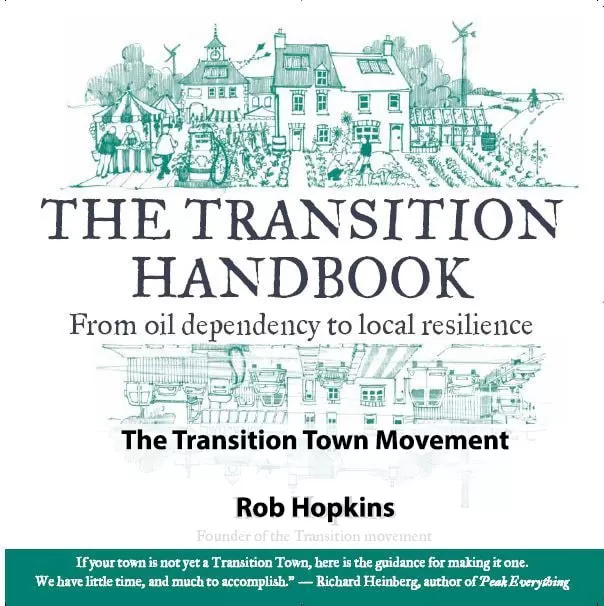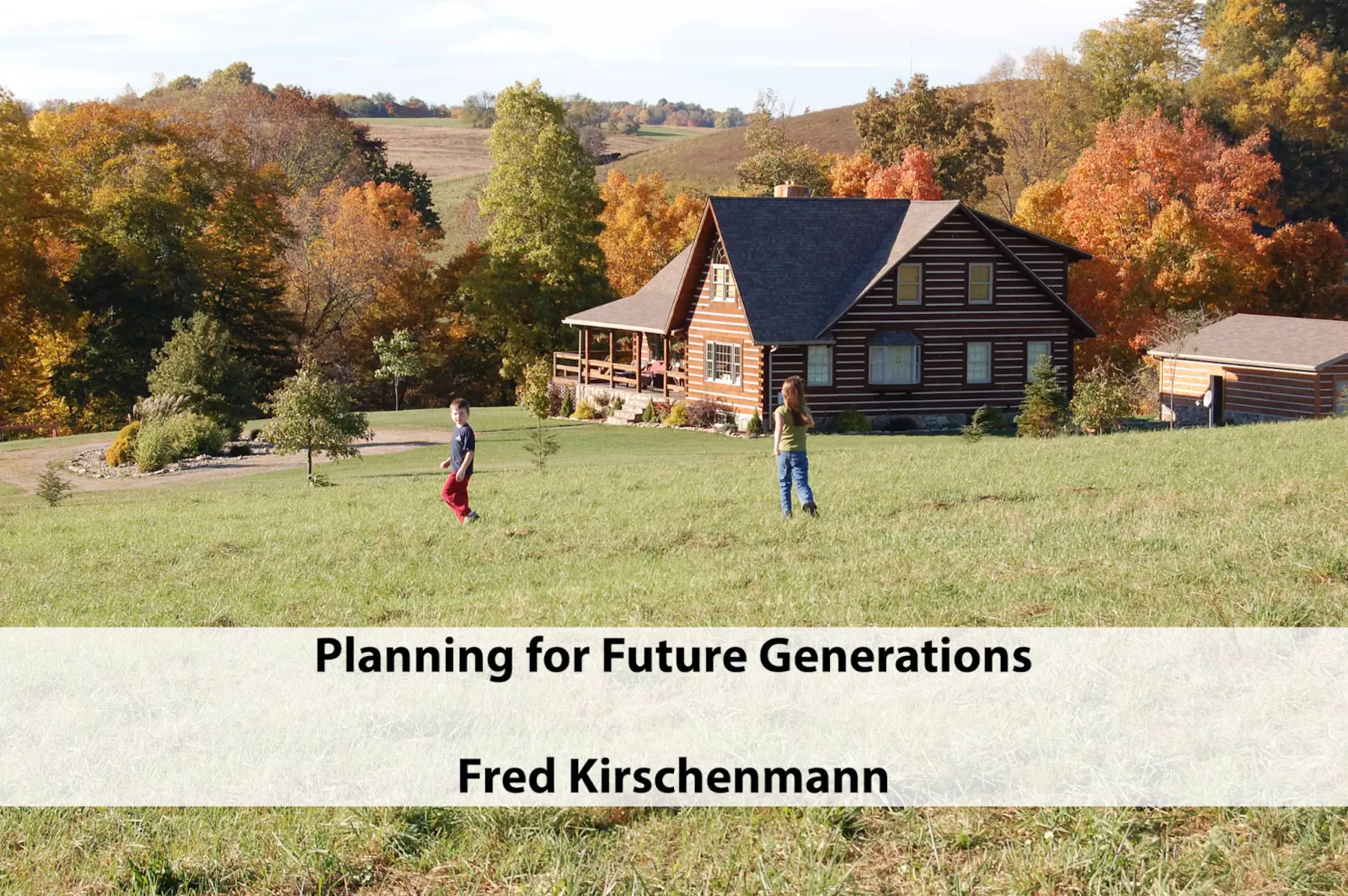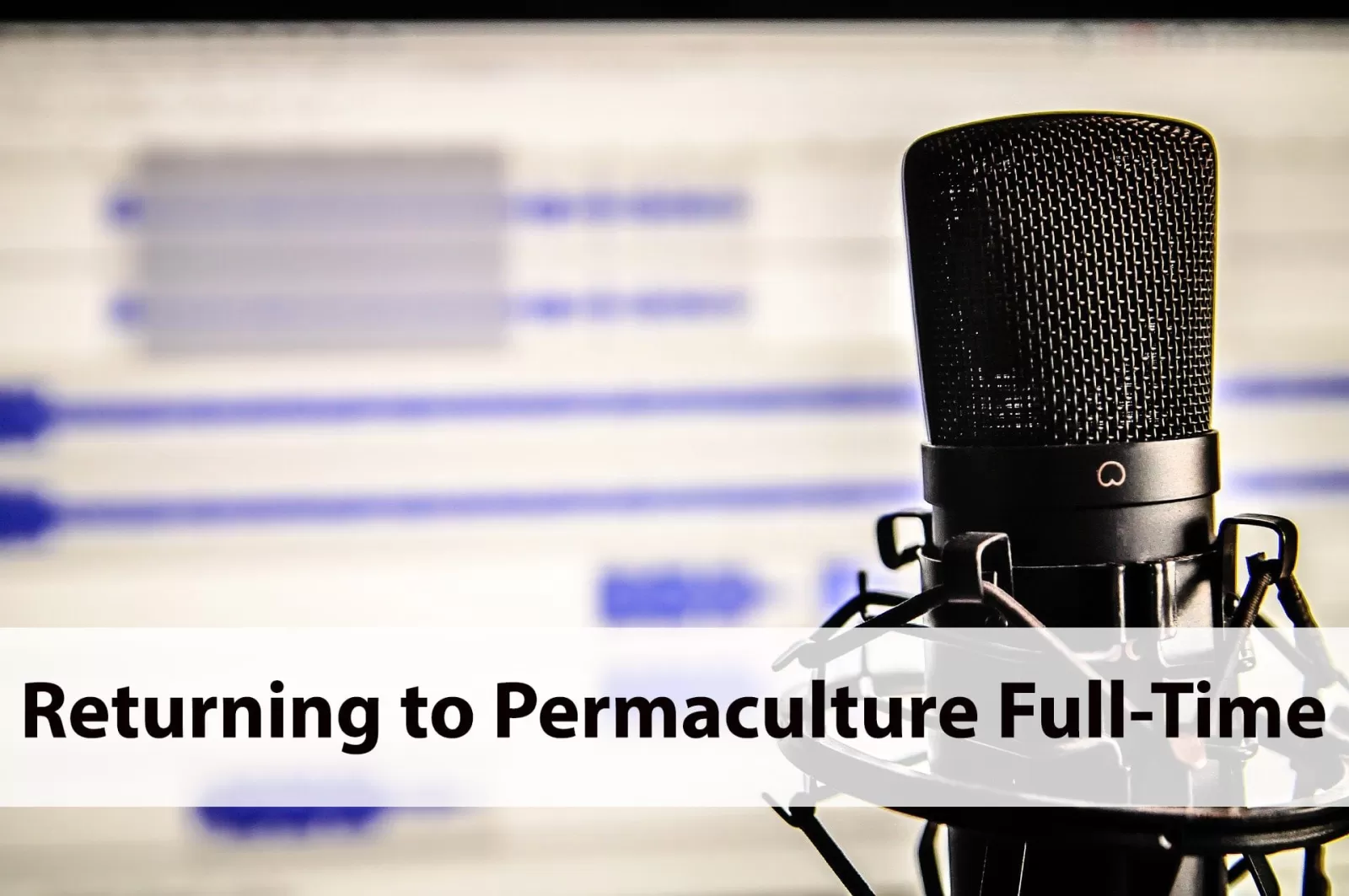Owen Wormser - Turning Lawns into Meadows
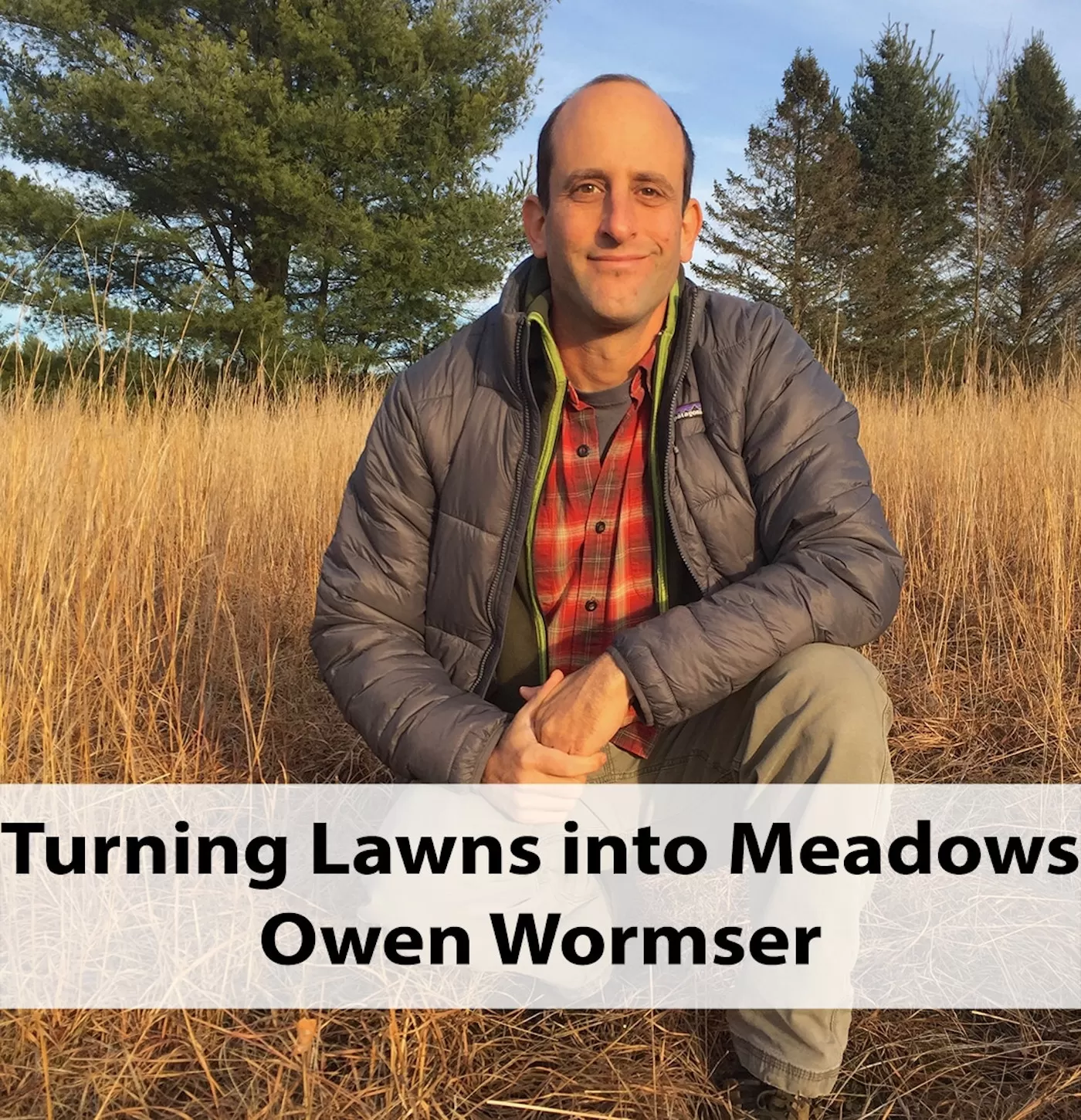
My guest today is Owen Wormser. Owen is a sustainable landscape designer from Western Massachusetts and author of Lawns into Meadows: Growing a Regenerative Landscape, from Stonepier Press.
This specialty in landscapes forms our conversation today as we discuss his design process of creating meadows. This includes:
- Using nurse crops for establishing a meadow.
- Designing with a variety of plant heights, bloom colors, and a resilient mix of species in mind.
- How to make meadows appear intentional as well as appealing to neighbors.
- Using grasses as the framework that ties a meadow together.
- The role of a meadow in an ecological landscape.
- Workhorse plants for our designs.
- Getting started with our own meadow.
Find out more about him and his work at AboundDesign.com, and his book, Lawns into Meadows, at stonepierpress.org.
Make a One-Time Donation to the Podcast
Follow the show on Instagram and Twitter.
As permaculture practitioners, establishing meadows can form an important part of our design toolkit. We can leave an area barren, but intentionally tended around, and allow the seed bank to grow up and select from the species that arise as the base for a meadow, or what to leave intact as we establish a food forest or design around for our garden paths. In areas with restrictive covenants on trees and tree heights, or in towns with weed ordinances, meadows can be a beautiful way to restore the landscape while skirting those restrictions. If we live along waterways or as farmers trying to reduce the total daily load from runoff and fertilizer, and to reduce topsoil losses, buffer strips of meadows along our streams and rivers can improve water conditions while saving our earth.
But, those are just my thoughts on meadows at the moment. What are yours?
Get in touch by leaving a comment below or sending me an email: The Permaculture Podcast
Until the next time, spend each day restoring the landscape and establishing meadows, while taking care of Earth, yourself, and each other.
Resources
Xerces Society for Invertebrate Conservation
Ladybird Johnson Wildflower Center
Wild Ones Native Plants, Natural Landscapes


